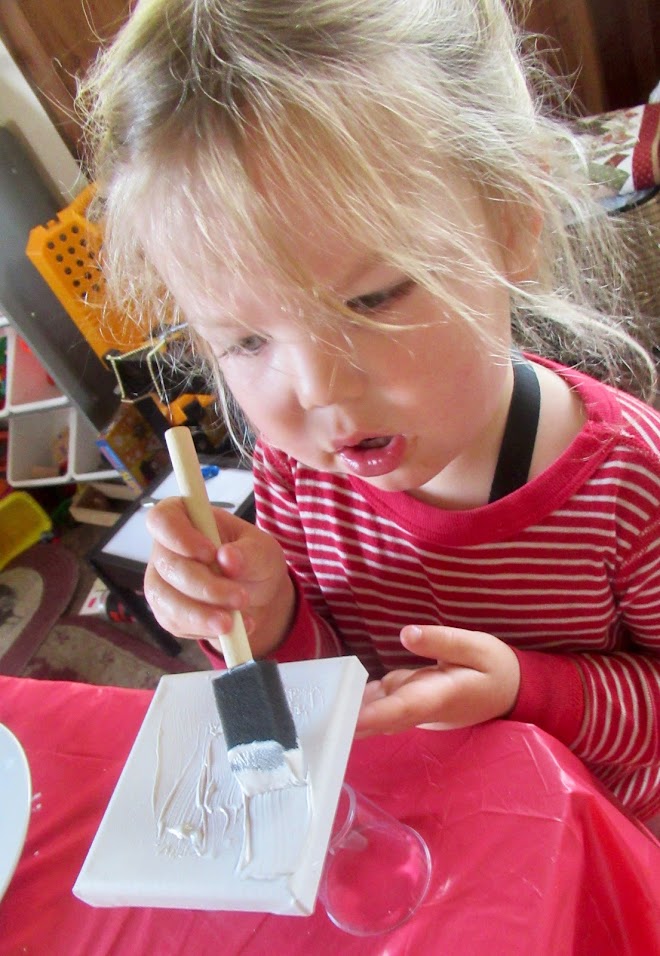Gone Photing
Can you pronounce this word? photi. If you said fish, then you are point on. I used this example in language classes as one which featured a couple of the intricacies of the English language. When students would protest that photi did not resemble fish, I would point out that the “ph” is obvious, but that the “o” was pronounced the way it is in “women” and the “ti” pronounced like that of the “ti” in “vacation.”
I also used this example in opening day introductions, when I taught Spanish as an elective. Spanish is a language that is the opposite of English, in that there is only one way to pronounce the letters. “A” by itself is going to be pronounced “ah” now and forever. Next, I would ask students, how do you pronounce the letters, “ou” in English? First there is the long “o” as in “soul;” second, there is the “ow” sound made by the word “out.” Third, there is the “uh” sound made by the word,“rough;” fourth, there is the “oo” sound made in “through.” Fifth, there is the “aw” sound in “cough”; and finally, there is the short double o sound of “wood.” I am so glad I never had to learn English, as a second language.
The kids loved this kind of thing. I used to work with an overhead projector, so that information appeared on the white board, but I never had to turn my back on them, while writing something on the board. Any time I could present information that intrigued them, I could be better sure of having their attention.
My point in discussing the nuances of English, is that for kids to tune in to what I was saying, there had to be a “hook,” something that snagged their attention, and allowed for information to be conveyed to ears that were at least willing to listen. One thing they universally complained about, was any effort to get them interested in dictionaries. So I turned it into a competition.
I partnered up an academically strong kid, with one who was not as strong, and conducted speed drills, where each pair of students attempted to locate the given word in the dictionary. We had a class set, so everyone was working with the same tool. Having the first set of kids find the magic word, did not let the others off the hook, it just meant that the first to locate it got five units of our classroom currency. (Simply finding the correct page was not enough, because it just wasn’t that hard to use a little finger action to convey page number 141 across the class.)
I just wanted the students to recognize that the study of English could be viewed as a drudgery, or as a game. As with many things in the game of life, it is what you make of it. Right now, for me, and I suspect for you, playing with words provides a great deal of enjoyment. It’s funny, because we all must have been introduced to English from the time we crossed the threshold of kindergarten, and we all had to have studied grammar and usage.
Somehow, we managed to get past the drudgery, and into the game. It’s too bad that we can’t do the same thing at our respective occupations, and reach that point where it is no longer demoralizing to walk though the front door. I have an idea. Let’s find jobs that allow us to sit at home and write. Maybe we can get paid by the hour. Then our respective families would have to back off from their demands, that we stop spending so much time on our computers.















I am so glad I was born in the U.S., because otherwise I don't think I would have been able to learn English! It is such a weird, unpredictable language! But, I'm really good at it now :)
ReplyDeleteThat is a great idea, Mark. Let's make an income at our writing and let the others in the house make an income at their quilting or their grafting or whatever pleasure they find. Or, even better, let's keep looking for ways to avoid having to spend money so we don't need to make that much .....
ReplyDeleteIs it strange that a lot of the English "unpredictabilities" make sense to me?
ReplyDeleteEnglish is definitely an unpredictable language, which really reflects the mish-mash it was created from, I guess.
ReplyDeleteAnd I, for one, am definitely enjoying playing with words--and have my whole life. I think it has to be one of those wiring things--some people just love it, others are indifferent and still others actively dislike the word stuff.
You get a line on any way to get paid for sitting at home writing/blogging, let me know. :)